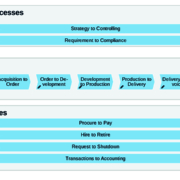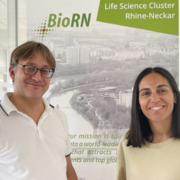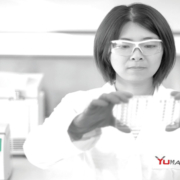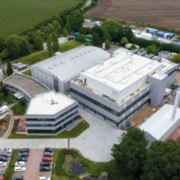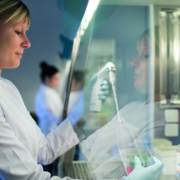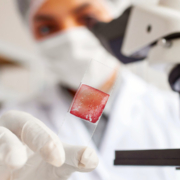The biotech and pharma branch is growing steadily. Many companies have full order books for the next few years and expect growth. This is the basis for new investments in assets and infrastructure. These growing structures often expose vulnerabilities and challenges for the business. Therefore, companies need to increase the stability and efficiency of their processes.
ADVERTISEMENT
In times of the pandemic it was called to ban patents that are related to Covid-19 vaccines, medicaments, and diagnostics and the European Parliament was in favour of it. Now there is a call from the European Parliament to ban all patents on new genomics techniques (NTG) and plants. Quo vadis?
Due to the global niche character of pharmaceutical biotechnology, research collaborations and market entries on an international level are essential. Agility and market knowledge are required to maintain an overview in a rapidly evolving environment and to initiate a sustainable internationalisation process.
Antibody engineering?The development of therapeutic antibodies is a time and cost intensive process. Biological and physicochemical properties of the lead molecules influence almost every step in the development. Investing into antibody engineering and lead optimisation during early development pays off in later steps and does not only accelerate the programme, but also increases the chance of success.
When businesses receive a proposal from a contract development and manufacturing organisation (CDMO), it’s much like a first date: first impressions matter. The proposal process not only reveals a CDMO’s services but also hints at the potential relationship’s quality. This is gauged mainly through metrics like timing, quality, and price.
Clinical trials have to be coordinated as a safe process where monitoring, analytics and handling of patient samples is streamlined – even cross oceans. German MLM Medical Labs is quickly establishing itself as an emerging central and specialty lab in the U.S.
Within the competitive CDMO market, Richter-Helm has developed into a highly valued partner when it comes to the manufacturing of biopharmaceuticals. Richter-Helm is well recognised by pharmaceutical companies, including Big Pharma, as a professional partner offering flexible CDMO solutions from gene to product, all from one source, including consultancy services. This makes Richter-Helm one of the key players in CDMO business.
A well connected and effective infrastructure, a high density of research and development as well as close networking are of great value, not only to founders. Within the successful healthcare cluster Berlin-Brandenburg, these include numerous technology parks in the region. The parks offer optimal space including state of the art laboratories to start-up and grown-up companies.
Precision medicine tailors therapeutics to individual patients’ diseases, and is seen as the future of clinical practice. With significant time and financial investments being made in developing therapeutics, the ultimate success of patient-data driven precision therapies hinges on three main factors: the quality of the tissue samples, the associated molecular data, and the analysis used in their development.
After two years of unprecedented growth driven by the pandemic, investment attracted by Spanish biotech companies has stabilised, and they face significant challenges, positioning biotechnology as a strategic sector for Spain.


